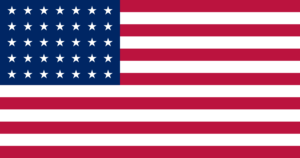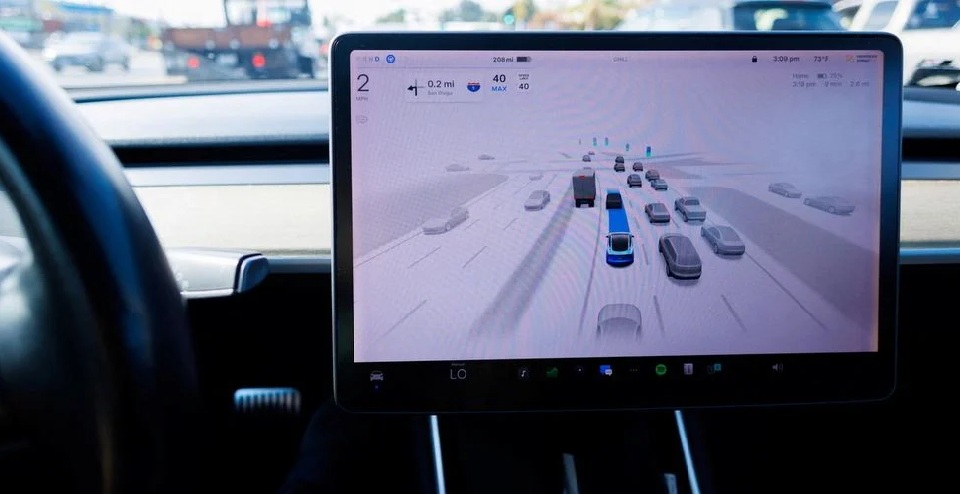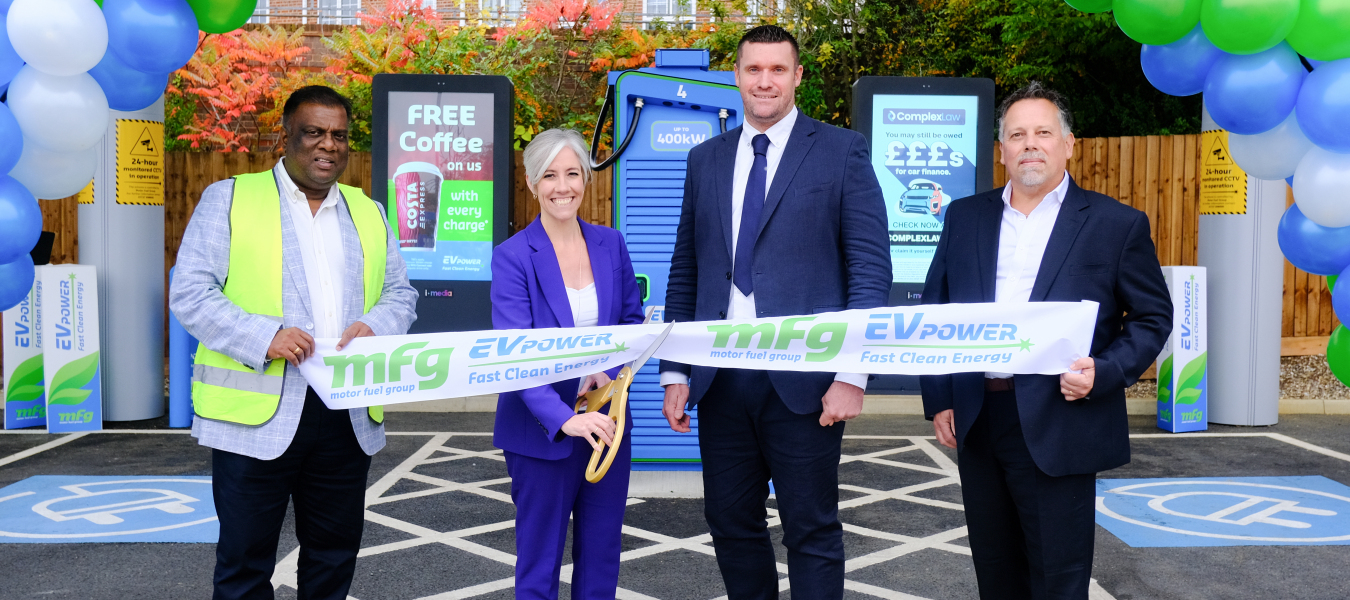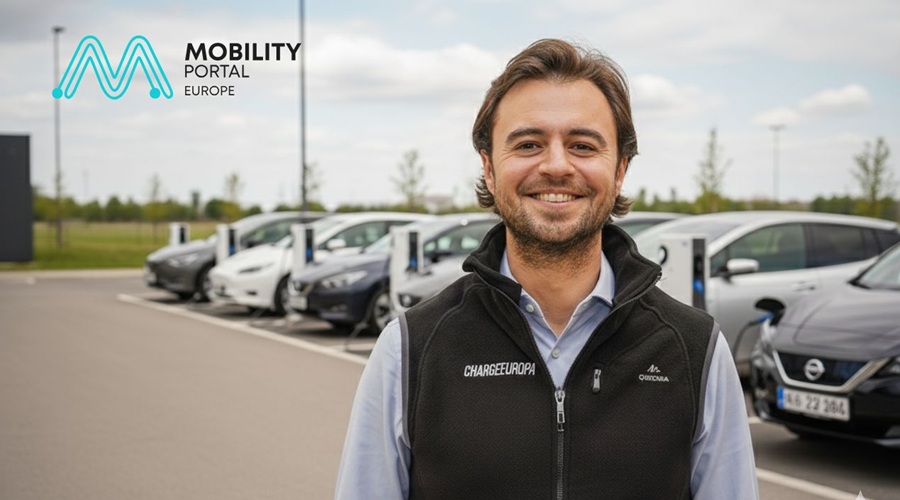Tesla on Tuesday received the first in a series of approvals from California required for the electric car maker to eventually launch a promised robotaxi service in the state, according to a state regulator.
The California Public Utilities Commission (CPUC) said it approved Tesla’s application for a transportation charter-party carrier permit (TCP), a license typically associated with chauffeur-operated services, allowing the company to own and control a fleet of vehicles and transport employees on pre-arranged trips.
The permit is a prerequisite for applying to operate an autonomous ride-hailing service in California, but a CPUC spokesperson said the current permit “does not authorize them to provide rides” in autonomous vehicles, and does not allow the automaker to operate a ride-hailing service to the public.
With sales growth slowing, CEO Elon Musk pivoted his focus last year to rolling out robotaxis and has promised driverless ride-hailing services to the public in California and Texas this year.
In October, the company revealed the Cybercab, a robotaxi concept that had no steering wheel or control pedals.
Tesla had applied for the TCP permit in November 2024, the regulator said in an email, adding that the company had not applied for the other permits yet.
The auomaker would also need permits from the California Department of Motor Vehicles (DMV) and CPUC in order to operate a fully autonomous robotaxi service that charges customers.
Tesla currently only has a DMV permit to test autonomous vehicles with a safety driver.
A DMV spokesperson said on Tuesday that Tesla has not applied for any additional permits from the agency, which would be required to move forward with a CPUC application for driverless taxis.
The company did not respond to requests for comments on the permit and details on the other applications.
Read more:
-
MFG completes rollout of 1,000 ultra-rapid EV chargers across Morrisons network
Motor Fuel Group (MFG), the UK’s largest independent forecourt operator, is pleased to announce the completion of its rollout of rapid electric vehicle (EV) charging bays across the Morrisons network, marking a major milestone in MFG’s commitment to supporting the UK’s energy transition.
-
Desbloquear la rentabilidad: llega un nuevo debate sobre costes, carga y gestión de flotas eMobility
Bajo registro gratuito, el 23 de octubre (15 h, Madrid) Mobility Portal España reúne a referentes para optimizar TCO y recarga inteligente en flotas a gran escala, con estrategias y casos reales.
-
Low profitability in charging, but with “cautious optimism”
The CEO of ChargeEuropa describes to Mobility Portal a “cautiously optimistic” market: the fleet is still small, but electric vehicle registrations are growing rapidly.










